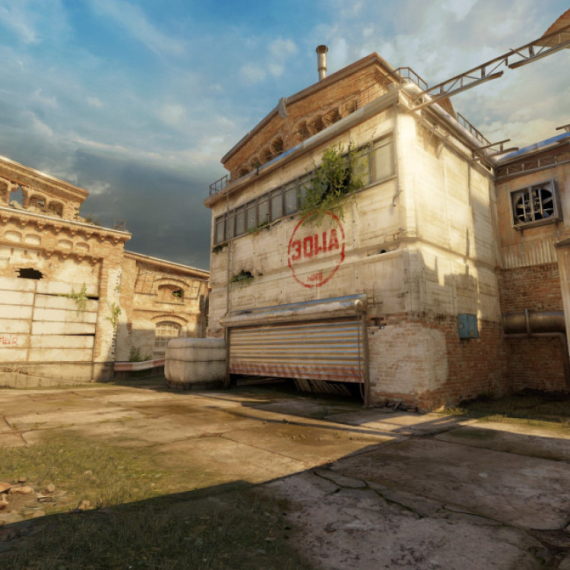Tunisia mistreated ex-Guantanamo prisoners
Two Tunisians who spent 5 years in Guantanamo were sent home only to be mistreated by their own government, HRW said.
Sunday, 09.09.2007.
13:50

Two Tunisians who spent 5 years in Guantanamo were sent home only to be mistreated by their own government, HRW said. Tunisia denied abusing Abdullah al-Hajji Ben Amor and Lotfi Lagha after their return on June 18, saying they were protected by a law forbidding the inhuman treatment of prisoners. Tunisia mistreated ex-Guantanamo prisoners Human Rights Watch, an international monitoring group, cited al-Hajji's lawyer as saying he was slapped, threatened with the rape of his wife and daughters, deprived of sleep and coerced to sign papers he could not read as he needed new glasses. He then spent six weeks in solitary confinement. In early August he was moved to a cell with other prisoners while awaiting a trial on September 26. Hajji was convicted in absentia in 1995 for taking part in a terrorist organization operating abroad. Lagha, also imprisoned alone, saw a lawyer seven weeks after arriving in Tunisia and told him he was threatened with torture, HRW said. "The men have told those who visit them that things are so bad they would rather be in Guantanamo," HRW said in a report dated September 5. It said the U.S. was well aware of torture and unfair trials in Tunisia and could not rely on the diplomatic assurances given by the Tunisian authorities before the men were sent home. Tunisia said the two men were held in ordinary conditions and were not subjected to solitary confinement. "Lagha and Hajji were not mistreated.... They have both enjoyed all their rights as part of the due process of law," an official source in Tunisia said. Ten Tunisians remain at Guantanamo, and at least eight of them were convicted in absentia in Tunisia of crimes, according to HRW.
Tunisia mistreated ex-Guantanamo prisoners
Human Rights Watch, an international monitoring group, cited al-Hajji's lawyer as saying he was slapped, threatened with the rape of his wife and daughters, deprived of sleep and coerced to sign papers he could not read as he needed new glasses. He then spent six weeks in solitary confinement.In early August he was moved to a cell with other prisoners while awaiting a trial on September 26. Hajji was convicted in absentia in 1995 for taking part in a terrorist organization operating abroad.
Lagha, also imprisoned alone, saw a lawyer seven weeks after arriving in Tunisia and told him he was threatened with torture, HRW said.
"The men have told those who visit them that things are so bad they would rather be in Guantanamo," HRW said in a report dated September 5.
It said the U.S. was well aware of torture and unfair trials in Tunisia and could not rely on the diplomatic assurances given by the Tunisian authorities before the men were sent home.
Tunisia said the two men were held in ordinary conditions and were not subjected to solitary confinement.
"Lagha and Hajji were not mistreated.... They have both enjoyed all their rights as part of the due process of law," an official source in Tunisia said.
Ten Tunisians remain at Guantanamo, and at least eight of them were convicted in absentia in Tunisia of crimes, according to HRW.



























































Komentari 0